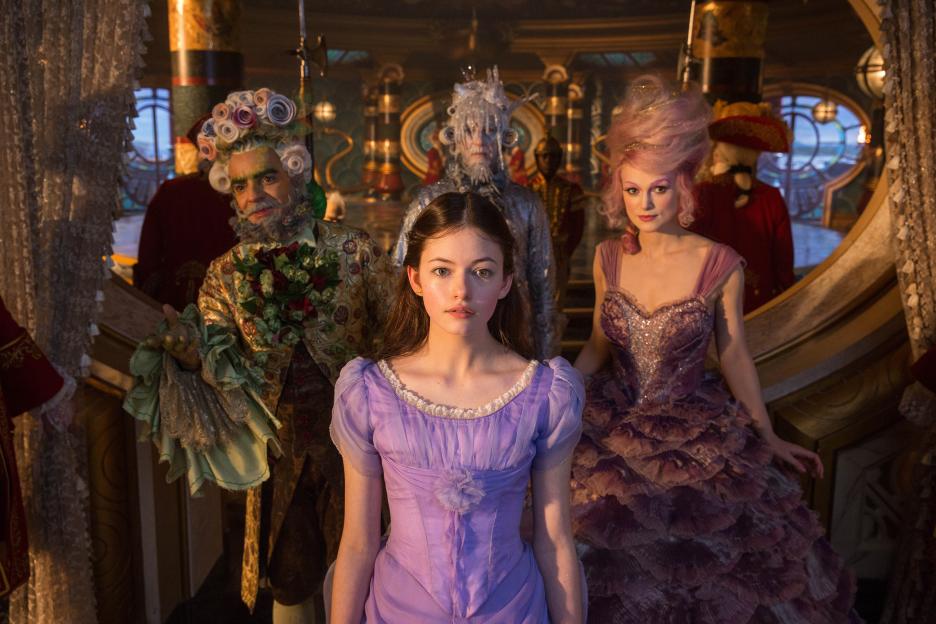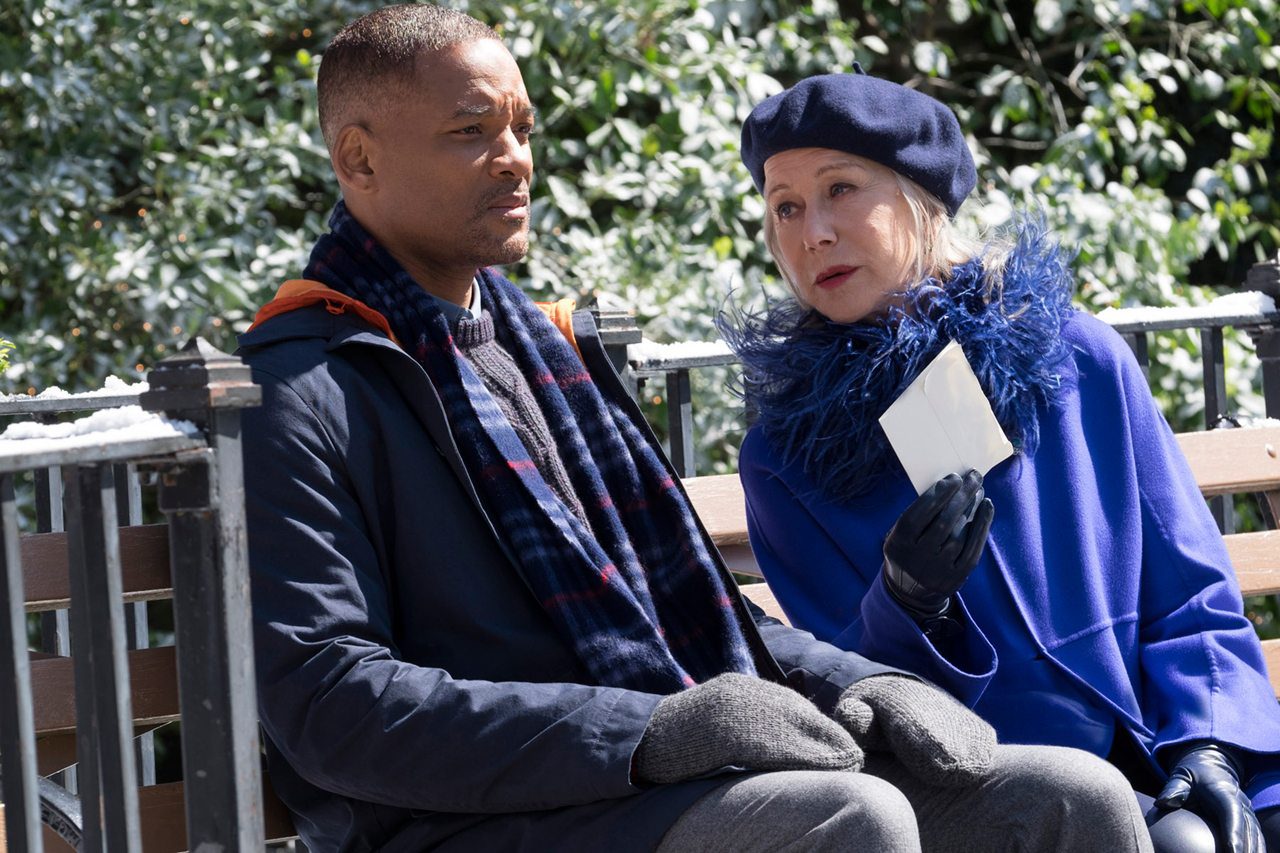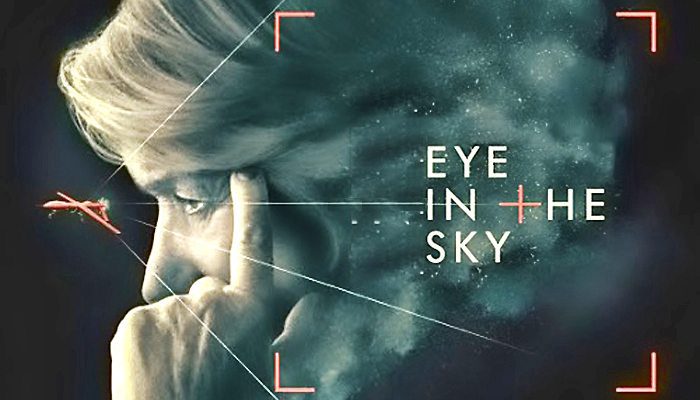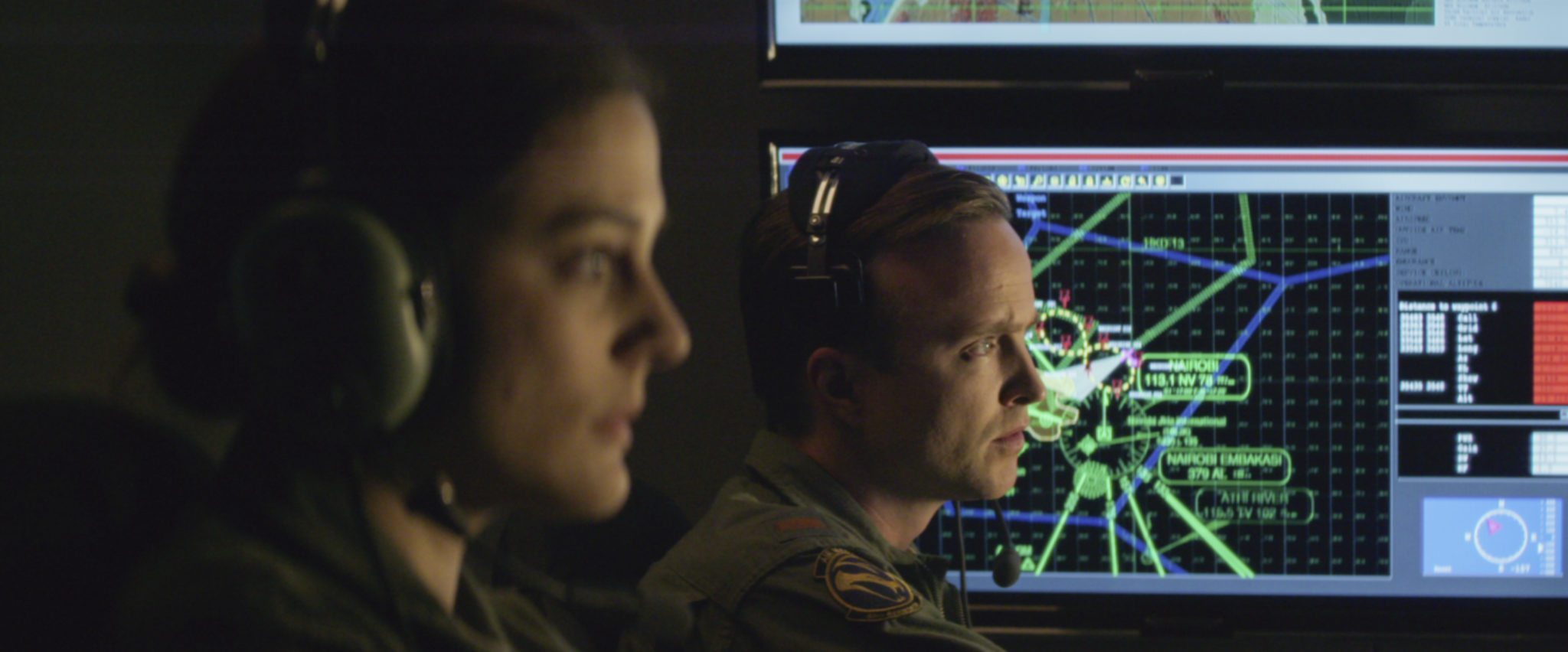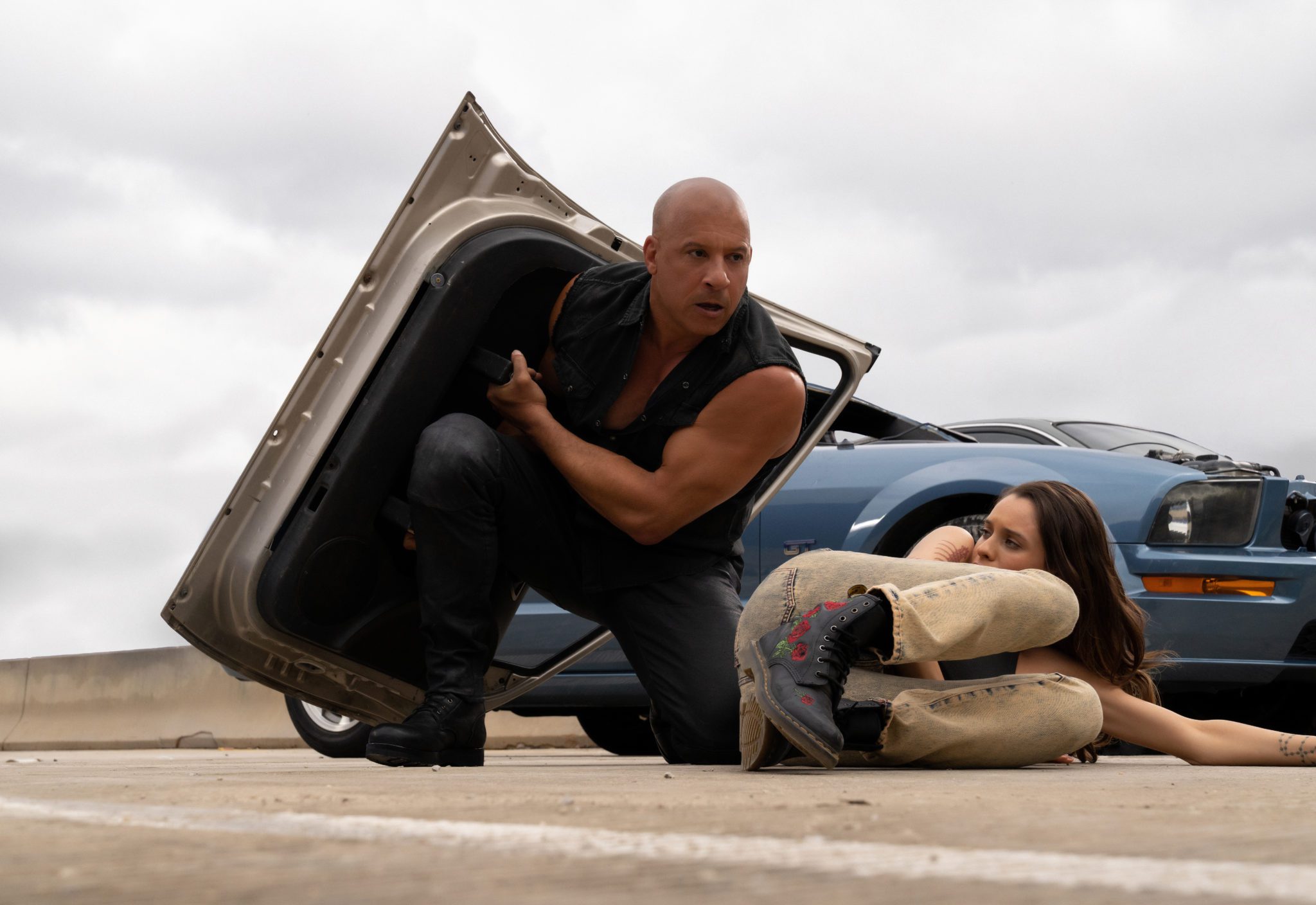
Fast X: Faith, Family Values and Fiery Wreckages
After 20 years, the Fast franchise has done it all. And, with its 10th film, Fast X, the series seems to have finally begun its last ride. Built as the first of a two-parter, this entry is supposed to signal the end of the story of Dominic Toretto with a final, non-sensical bang. But dangit, it’s fun. In fact,…

